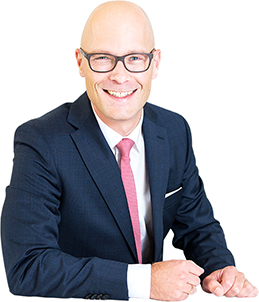Welcome Professionals…
…I was quite surprised about the positive effect when I turned off the badges on my iPhone. I am talking about these annoying red dots, indicating how many unread messages are waiting.
Long before I had de-activated the new-mail-icon in Outlook and the preview window flying in with every new message. As top management consultants, we must keep focus to get our work done. We must not be distracted from some eradic email.
Until a few weeks ago, I never really spent much thought on the badge notification. But, when I read a productivity blog that strongly recommended getting rid of these dots, I implemented this. What a relief! In hindsight, I must confess that I felt a strong urgency to look at the messages whenever I saw the dots. I am committed to the zero inbox principle and I want to l like to have a clean desk. The red light seems to scream at me: “stop, don’t leave, there is still some work to do – read me!”.
The fix was simple. Just a few clicks in the settings and the badges were gone. The effect was stronger than I expected. I am not only more focused and less distracted. I am feeling more at ease. You just have to try it yourself!
Keep focused,
Malte











